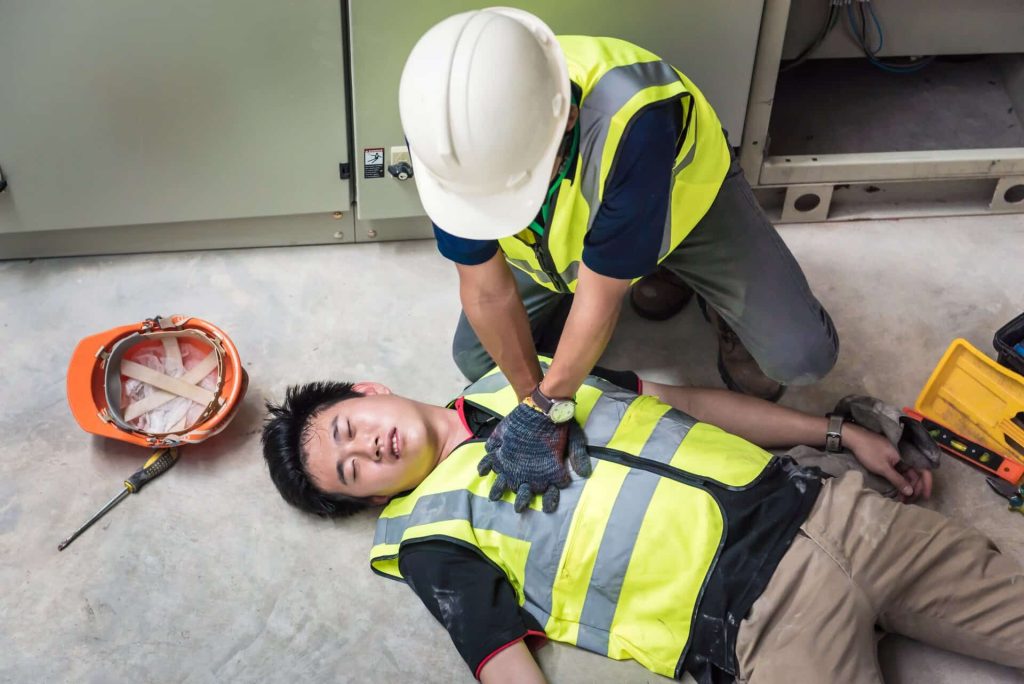If you are beginning a career in the electrical or technical industry, you may have encountered the term CPR LVR and wondered what it means. LVR stands for Low Voltage Rescue, a specialised training module designed for anyone who may work with or near live electrical systems. When combined with CPR training, it becomes one of the most critical safety qualifications a worker can have. Whether you are new to the industry or renewing your certification, understanding how these courses work will help you prepare with confidence.
What Is An LVR Course?
An LVR course is specifically created to teach individuals how to safely rescue a person who has come into contact with low-voltage electricity. Low voltage does not mean low risk. Even electrical currents under 1000 volts can cause severe injuries, burns, unconsciousness, or cardiac arrest. Attempting to help someone without proper training can easily harm both the rescuer and the victim.
This is why LVR training focuses on hazard identification, isolating power sources, using rescue equipment correctly, and removing the person safely from electrical danger. It also includes important safety principles, such as assessing the environment, understanding electrical risks, and ensuring the rescuer is protected at all times.
Why CPR Is Included In LVR Training
Many electrical incidents result in the victim losing consciousness or suffering from cardiac complications. This is why LVR training is combined with CPR techniques, creating CPR LVR courses that offer full emergency preparedness.
Chest compressions, breathing support, and maintaining circulation until medical assistance arrives are all skills that can be learned during CPR training. If the victim’s heart has stopped or their breathing is interrupted by an electrical shock, immediate CPR can make the difference between life and death.
Learning both CPR and LVR together ensures that once the victim is safely removed from the electrical hazard, you know exactly how to provide essential life-saving support.
What You Will Learn In CPR LVR Courses?
New learners often feel unsure about what to expect, but the content is practical, structured, and easy to understand. A typical course will cover:
- Assessing an emergency scene quickly and safely.
- Identifying electrical hazards before approaching.
- Isolating power sources to prevent further injury.
- Using insulated gloves, rescue hooks, and other safety equipment.
- Removing a person from electrical contact using the correct techniques.
- Monitoring the victim for breathing and responsiveness.
- Performing CPR with the correct rhythm and hand placement.
- Using an automated external defibrillator confidently.
- Understanding workplace safety requirements and emergency procedures.
The course is designed for real-world application. Instructors guide you through demonstrations and hands-on practice so you feel prepared, not overwhelmed.
Who Needs To Take An LVR Course?
Anyone working in or around electrical environments can benefit from LVR and CPR training. This includes electricians, tradespeople, maintenance staff, technicians, machine operators, and workers in construction or industrial industries. To guarantee the highest level of safety on the job, many firms make certification a requirement of employment.
Even if you are not directly handling electrical work, having CPR LVR certification increases your readiness for workplace emergencies and strengthens your overall safety knowledge.
How Long Does The Training Take?
Most CPR LVR courses can be completed within a single day, making them convenient for busy workers. While the course is short, it is highly comprehensive, covering essential theory and practical exercises. Refresher training is usually required every twelve months to keep skills updated and maintain compliance with industry standards.
The Benefits Of Completing CPR LVR Training
For new learners, this training provides more than just certification. It offers confidence, awareness, and the ability to stay calm during high-pressure situations. You gain valuable skills that protect not only your colleagues but also yourself.
Workplaces with trained staff experience fewer accidents, faster response times, and stronger safety cultures. Employers also value workers who take safety seriously and are prepared for emergencies.
A Strong Foundation For Safety And Career Growth
Learning CPR LVR skills is an investment in your safety and your future. By understanding electrical hazards and practising lifesaving techniques, you become a stronger, more capable member of any team. An LVR course equips you with the information and self-assurance to make the right decision when it counts most, whether you are starting a career or improving your credentials.
This complete guide is your first step toward becoming fully prepared for the demands of modern electrical and technical workplaces.







